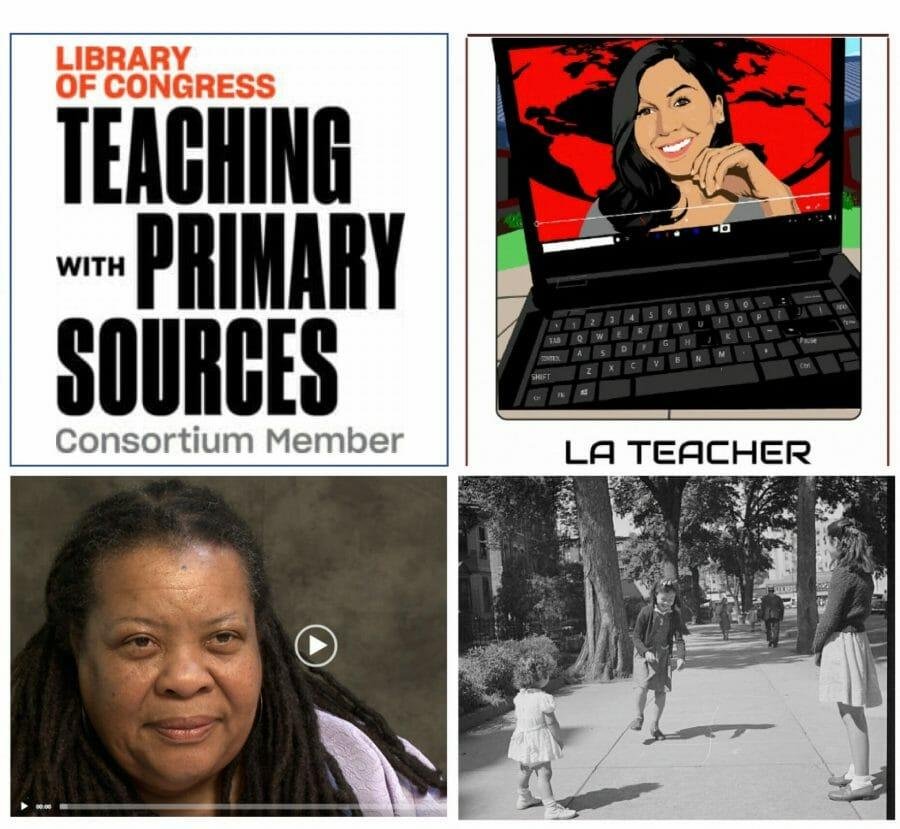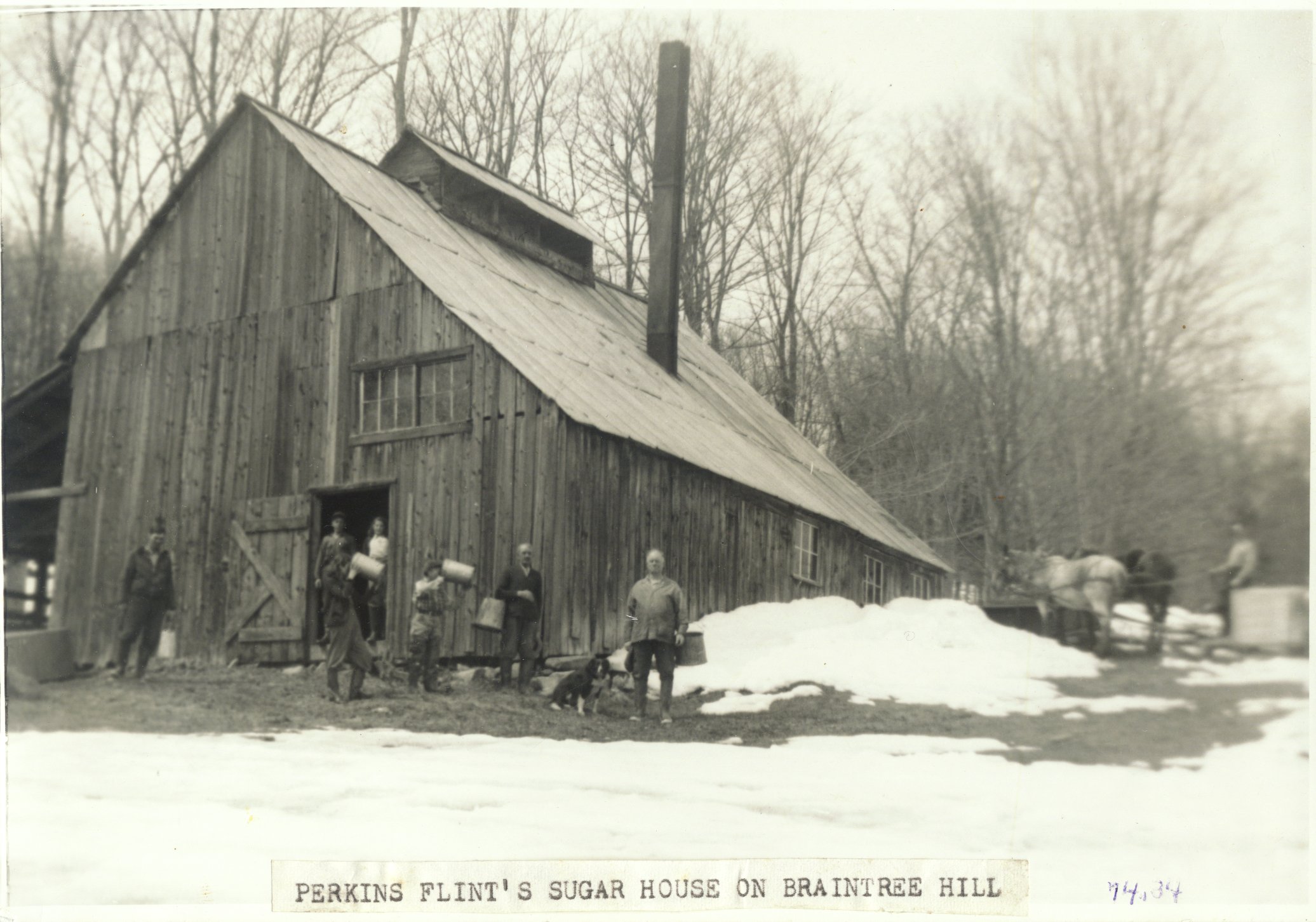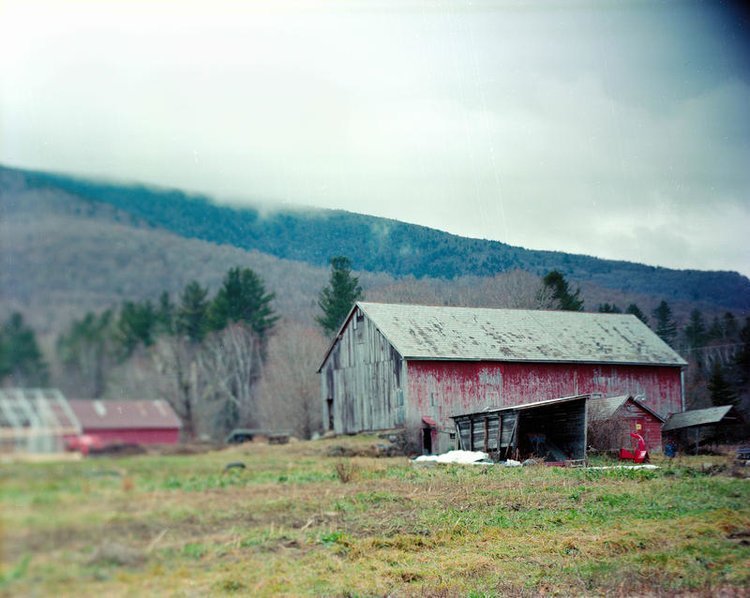
Teaching with Folk Sources - the Journal of Folklore and Education
Vermont Folklife is featured in the 10th Volume of the Journal of Folklore and Education!
The volume focuses on Teaching With Folk Sources, a partnership with our colleagues Local Learning that Vermont Folklife staff have been involved with over the past two years. Teaching With Folk Sources focuses on making materials in ethnographic and oral history archives accessible to classroom teachers.

Folk Sources: Learning With Vermont Folklife's Archives
This spring, we–with project partners History Miami Museum, Oklahoma Oral History Program, OSU Writing Project and Local Learning–launched Folk Sources, a digital resource that provides pathways and tools for learning with specific types of primary source materials: field recorded archival sound, documentary photographs, text and other items generated through the research activities of folklorists, ethnomusicologists, oral historians and anthropologists.

The Most Costly Journey & Primary Sources of Vermont’s Food System: Educator Workshop in Barre
Multiple Perspectives and Counter Narratives in Vermont’s Food System: A workshop for K-12 educators and partners was an inspiring occasion that brought together educators and community partners to discuss learning strategies that focus on creating a more just and sustainable food system.

Culturally Relevant Pedagogy & Primary Sources from the Vermont Folklife Archives
This summer included two activities that have shaped the development of our classroom resources. This past July, the VFC organized a workshop at the St. Albans Museum for K-12 educators that presented oral history interviews focused on the role farmers play in Vermont’s history and identity. A few weeks later, the VFC participated in a workshop at the Minnesota History Center that offered strategies for pairing the use of primary sources with approaches to culturally relevant pedagogy.
